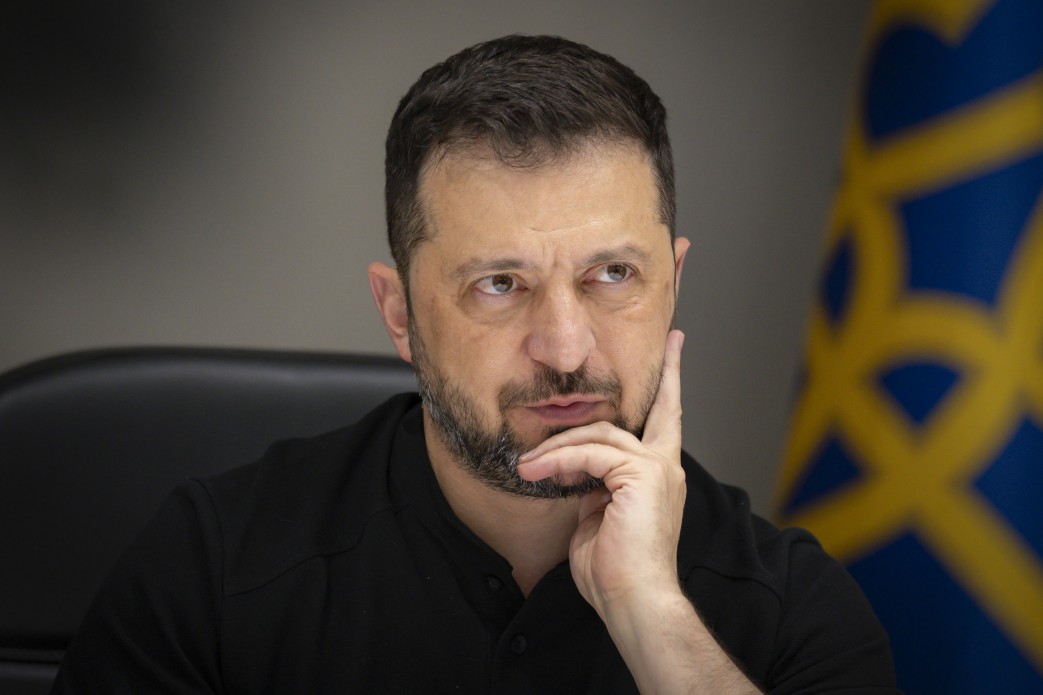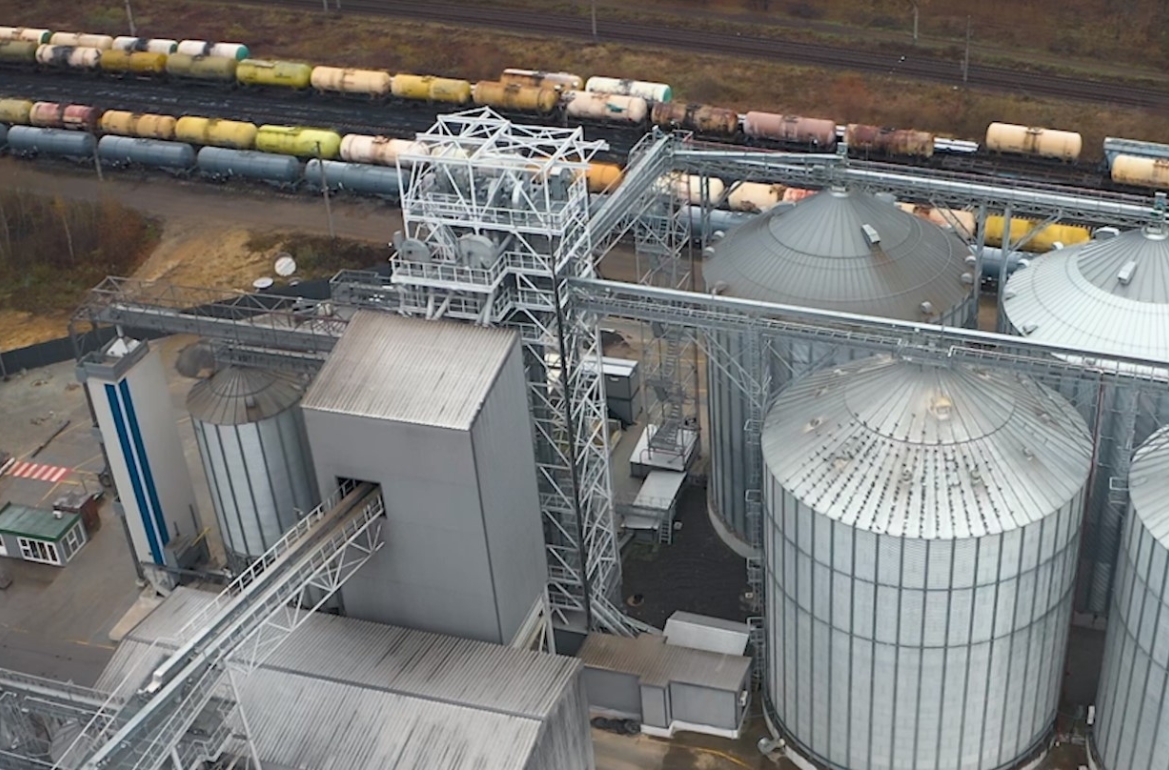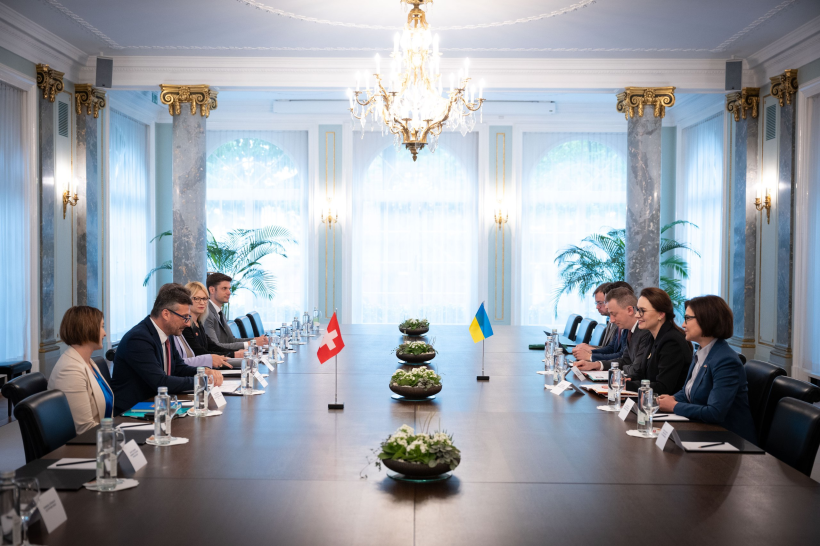Before the autumn-winter period, the Russians have accumulated weapons and again intend to strike at energy facilities in Ukraine.
"Unfortunately, we are facing another battle for electricity. The Russians have enough strength and resources to create very real problems not only for our energy sector but also for the oil and gas industry, industrial enterprises, and military facilities," stated Kyrylo Budanov to "Ukrainska Pravda."
According to the head of the Main Intelligence Directorate of the Ministry of Defense of Ukraine, our country needs significantly more air defense means than it currently has.
At the same time, Kyrylo Budanov does not rule out the possibility of blackouts in Russia as well.
"Temporary [blackouts in Moscow] are also possible. This is quite a logical phenomenon: when you take certain wrong steps, sooner or later it will come back to you," said the chief of Ukrainian intelligence.
The most important points from Kyrylo Budanov's interview are:
On the southern front, our offensive operation continues. Significant developments are occurring regarding the recapture of Bahmut.
At Zaporizhzhia Nuclear Power Plant, the Russians attempted to create artificial overloads of the system and controlled radiation release. According to our understanding, this would have led to a real nuclear catastrophe.
We have passed the crisis point at Zaporizhzhia Nuclear Power Plant, but if Russia attempts something similar again, it will have all the capabilities to do so.
I don't know if [Prigozhin] is alive or not. ... Kadyrov had kidney problems. There was a threat to his life, but he managed to overcome it.
There is one person who has always caused problems for Ukraine. This is General Besseda, the head of the 5th FSB Service. He is a very problematic person. He has done a lot of harm to Ukraine. Well, time will sort everything out.
The foreign intelligence [of Russia in Ukraine] has failed, while the radio-electronic and cyber intelligence is at a very high level.
The world has proven to be unprepared for a war of such intensity. This, by the way, is one of the conclusions that all countries will definitely draw after this. Everyone will try to build up their arsenals.
Freezing the conflict? This cannot be allowed. First, it would be a betrayal of the people who remain in the occupied territories. Second, it would be wrong in terms of the memory of those who have died and those who are currently fighting.
It's important to remember that several million people are currently living under occupation, and they are waiting to be liberated. By the way, this is one of the main functions of the state.
The opportunity for diplomacy will come when the war is over: either when we reclaim our territories through warfare, or when events unfold in a way that there is a clear confidence that Russia will genuinely begin withdrawing its troops along the borders of 1991.





















